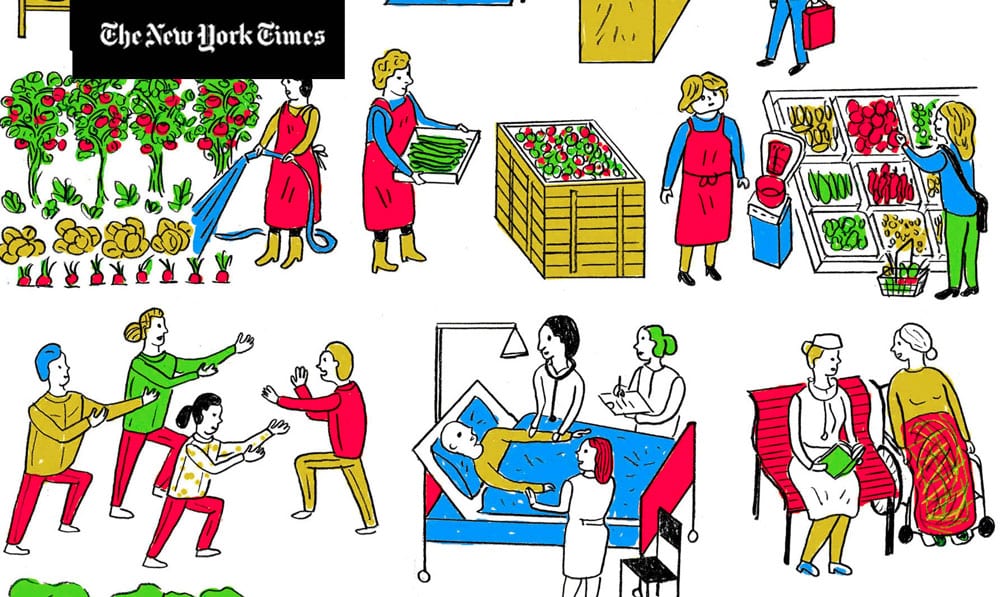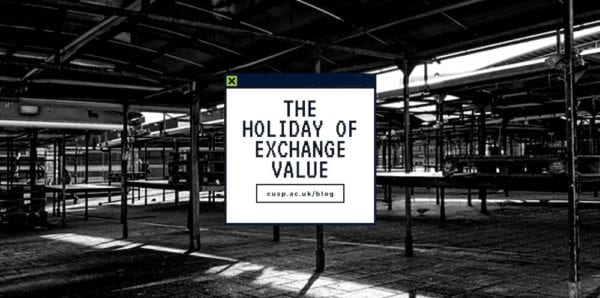Neoliberal economics, planetary health, and the COVID-19 pandemic
Journal Article by Simon Mair
The Lancet Planetary Health, Vol 4 | December 2020

Summary
Planetary health sees neoliberal capitalism as a key mediator of socioecological crises, a position that is echoed in much COVID-19 commentary. In his essay for The Lancet Planetary Health, Simon Mair sets out an economic theory that emphasises some of the ways in which neoliberal capitalism’s conceptualisation of value has mediated responses to COVID-19. Using the intersection of ecological, feminist, and Marxist economics, he develops an analysis of neoliberal capitalism as a specific historical form of the economy. Simon identifies the accumulation of exchange value as a central tendency of neoliberal capitalism and argues that this tendency creates barriers to the production of other forms of value. He then analyses the implications of this tendency in the context of responses to COVID-19, and argues that resources and labour flow to the production of exchange value, at the expense of production of other value forms. Consequently, the global capitalist economy has unprecedented productive capacity but uses little of this capacity to create the conditions that improve and maintain people’s health. To be more resilient to coming crises, academics, policy makers, and activists should do theoretical work that enables global economies to recognise multiple forms of value and political work that embeds these theories in societal institutions.
The article is available in open access format via the The Lancet Planetary Health’s website. If you have difficulties accessing the paper, please get in touch: info@cusp.ac.uk.
Citation
Mair S 2020. Neoliberal economics, planetary health, and the COVID-19 pandemic: a Marxist ecofeminist analysis. In: The Lancet Planetary Health, Vol 4, Dec 2020.






